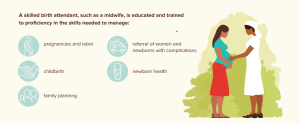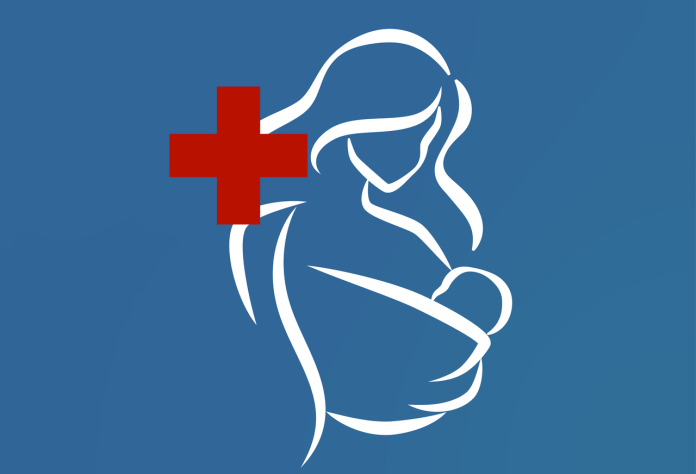The duo of the National Primary Health Care Development Agency and the United Nations Children Fund have provided insights into why Nigeria still has high maternal and child mortality rates.
According to research platform Macrotrends, Nigeria Maternal Mortality Rate 2000-2023 stands at 917 deaths per 100,000 live births; while the current infant mortality rate for Nigeria in 2023 is 54.740 deaths per 1,000 live births, signifying a 2.63% decline from 2022. The infant mortality rate for Nigeria in 2022 was 56.220 deaths per 1,000 live births, a 2.57% decline from 2021.
According to the NPHCDA, there are only 463 out of 25,843 Primary Healthcare Centres in the country with the minimum number of required Skilled Birth Attendants.

A skilled birth attendant (SBA) is a midwife, physician, obstetrician, nurse or other healthcare professional who provides essential and emergency healthcare services to women and their newborns during pregnancy, childbirth and the postpartum period.
Experts warn that most maternal and newborn deaths occur in the first 24 hours after birth, and that by increasing the number of well-trained and supported skilled birth attendants, hundreds of thousands of lives of pregnant women and children will be saved every year.
The Executive Director of NPHCDA, Dr. Faisal Shuaib, disclosed the situation of the PHCs on Wednesday at the official launch of community-based health research, innovative training, and services programme to address the situation.
Shuaib said, “To be guided by evidence, we followed this with a national health facility assessment in 2022. Findings from the assessment revealed that only 1.8 per cent (463 out of 25,843) PHC facilities in our country have the minimum number of required SBAs, which is four per facility.
“Aside from gross inadequacy, there is the problem of unequal distribution of available SBAs in the PHC facilities.
“To address this major challenge, the NPHCDA has come up with an innovation called CRISP, which will be launched on May 22, 2023.
“CRISP is a partnership between the Teaching Hospitals, Federal Medical Centres, National Primary Health Care Development Agency, State Primary Health Care Boards, Local Government Health Authorities and the communities to support primary health care development.”
He said CRISP will also help to improve reproductive, maternal, newborn, child, and adolescent healthcare, among other health services within the benefiting communities.
Also speaking, the United Nations Children Fund representative, Eduardo Celades, said only 70 per cent of pregnant women in the country have access to antenatal care, with just 60 per cent receiving complete antenatal checkups.
Celades also noted that only half of the newborns are attended by SBAs and neonatal and under-five mortality rates remain high.
UNICEF announced its intention to allocate additional resources this year to expand the scope of the CRISP programme.


